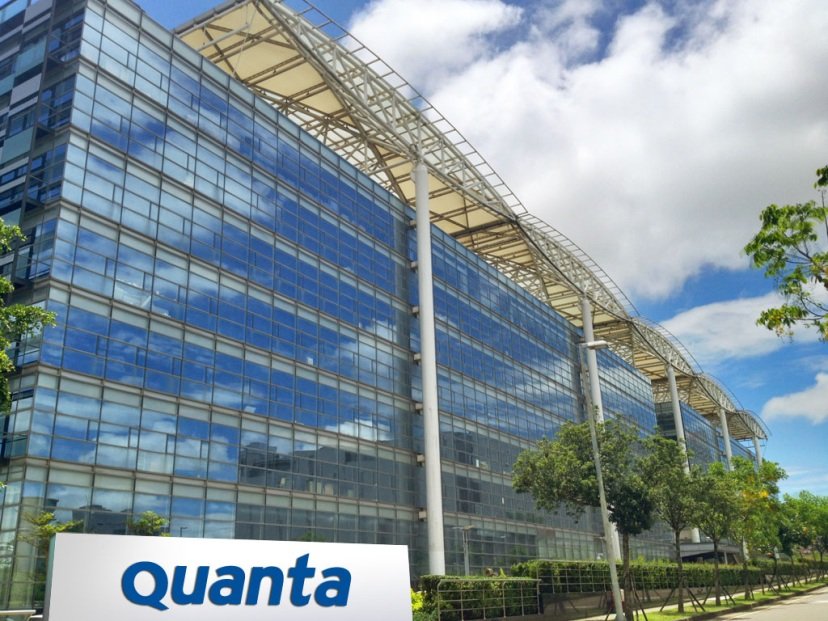White-label hardware maker Quanta Cloud Technology (QCT) has opened offices in China and Japan to provide sales and support services to customers in the two countries.
QCT is a leading light in the OPen Compute low-cpst server movement, and specializes in the design and manufacture of hardware for web-scale data center operators and cloud companies such as Facebook. It is a subsidiary of the Taiwan-based manufacturer Quanta Computer, which makes IT equipment for some of the largest computer brands.
The new offices will help the company to better respond to demand from China and Japan, according to QCT general manager Mike Yang. “Our new offices in Japan and China will help us respond to the increasing demand for our products as we bring disruptive changes to the data center ecosystem in these two markets,” said Yang in a statement.
Scale out sales
Quanta started making hardware that is sold directly to big data center operators a few years ago, and had clocked sales of T$88.8 billion (US$2.79 billion) by December last year.
That QTC has opened an office in China is no surprise, given that China is the leader in data center growth in the Asia Pacific. Indeed, major players such as Amazon, Microsoft, KDDI, Pacnet and others are planning, or have already launched data centers in the vast country.
QCT has also made efforts to sell its server hardware to smaller cloud data center operators with more modest needs, and the new offices are likely to serve such customers in the two countries.
It is worth noting that Quanta is involved with the Open Compute Project (OCP), an open source movement for data center hardware, which was started by Facebook as it sought to overtake web-scale pioneers such as Google and Amazon Web Services (AWS).
The Open Compute Project was envisioned to cut out on unnecessary and often proprietary hardware and server management features incorporated by traditional server makers such as Dell and Hewlett Packard.
Facebook considers many of these features “gratuitous”, and had even conducted a study that shows a standard “1U” server from one brand name vendor consuming as much as 28 watts, compared to just three watts of an Open Compute server.
Ultimately, the affordable, energy efficient servers developed via the collaborative process of the OCP is expected to help pare down on operating costs in massive data centers such as those operated by the likes of Facebook, Microsoft and Rackspace--who are also members of the OCP.

